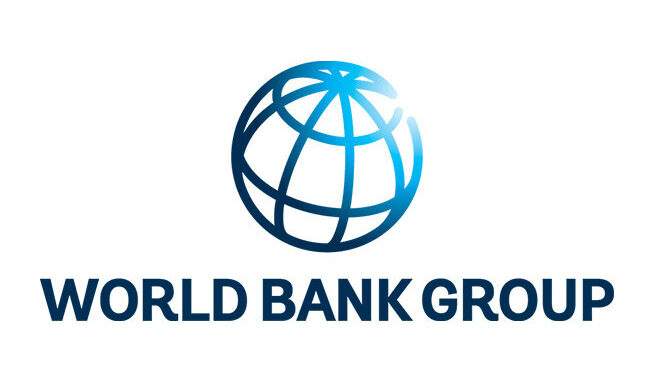
Nigeria may save up to N3.9 trillion ($5.10 billion) this year alone as a result of adjustments to its foreign exchange market and the removal of a gasoline subsidy, the World Bank said on Tuesday.
When he assumed office in Nigeria last month, President Bola Tinubu abolished the popular but expensive gas subsidy. In order to tackle issues like a significant debt load, Tinubu is initiating the nation’s most comprehensive reforms in decades.
The central bank synchronized the country’s exchange rates as a result of Tinubu’s criticism of a currency system that has long hampered the largest economy in Africa.
At a presentation in the nation’s capital Abuja, Alex Sienaert, the lead economist for Nigeria at the World Bank, said that while the savings did not amount to a windfall for the government’s finances, they did put the most populous nation in Africa on the path to progress.
“They stop Nigeria from going over what you might call the fiscal cliff. They really set the stage for a new and an upward trajectory in terms of Nigeria’s development path,” Sienaert said.
Nigeria has long been urged by the World Bank and International Monetary Fund to end its $10 billion-per-year fuel subsidy and free its exchange rate.
Siernaet recommended that Nigeria lift currency restrictions on a list of 43 products, including sugar and flour, that the central bank claims cannot be supported via official dollar sales, in order to further foreign exchange reforms.
According to Siernaet, the first five months of this year may have seen four million more Nigerians fall into poverty as a result of inflation, which peaked in May at 22.41%.
The administration of Tinubu is under pressure from labor organizations to increase the monthly minimum wage by a factor of more than six in order to protect employees from the effects of the loss of gasoline subsidies.
According to the World Bank, Nigeria is one of the least developed nations in the world and has the second-largest number of impoverished people in the world after two decades of unequal progress.